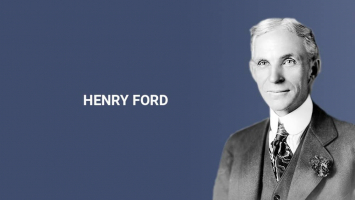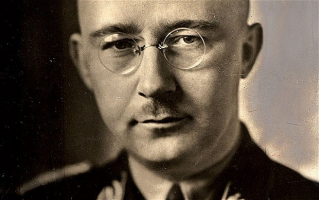Top 8 Interesting Facts about Henry Clay
There are interesting facts about Henry Clay that you may not know. Known as “The Great Compromiser” and “The Great Pacific Man,” Henry Clay was an influential ... read more...politician who held anti-slavery views.
-
Robert Brooke, a soldier, and politician from Virginia who served as the 10th Governor of Virginia assisted Henry Clay Sr. in getting admitted to the Virginia Bar in 1797. Later, he relocated to Lexington, Kentucky, where he started his legal profession.
He worked as an apprentice for numerous Kentucky lawyers to advance his career. James Brown, John Breckinridge, and George Nicholas were some of his instructors. He subsequently started his law firm, first focusing on debt collection and property disputes.
Clay founded his law firm and frequently dealt with land disputes and debt collection. Clay quickly gained a reputation for his formidable legal acumen and persuasive courtroom demeanor. He joined the Transylvania University faculty in 1805 and taught students like future Kentucky governor Robert P. Letcher and Abraham Lincoln's future father-in-law Robert Todd.
The most noteworthy client of Clay was Aaron Burr, who was accused of treason in connection with Burr's scheme. In 1807, Clay and his legal teammate John Allen were successful in defending Burr without being charged. Later, Clay was persuaded by Thomas Jefferson that Burr was accountable for the accusations. After Clay was elected to Congress, his legal action became less aggressive. Clay submitted the first amicus curiae with the Supreme Court in the 1823 lawsuit Green v. Biddle. However, he lost that case.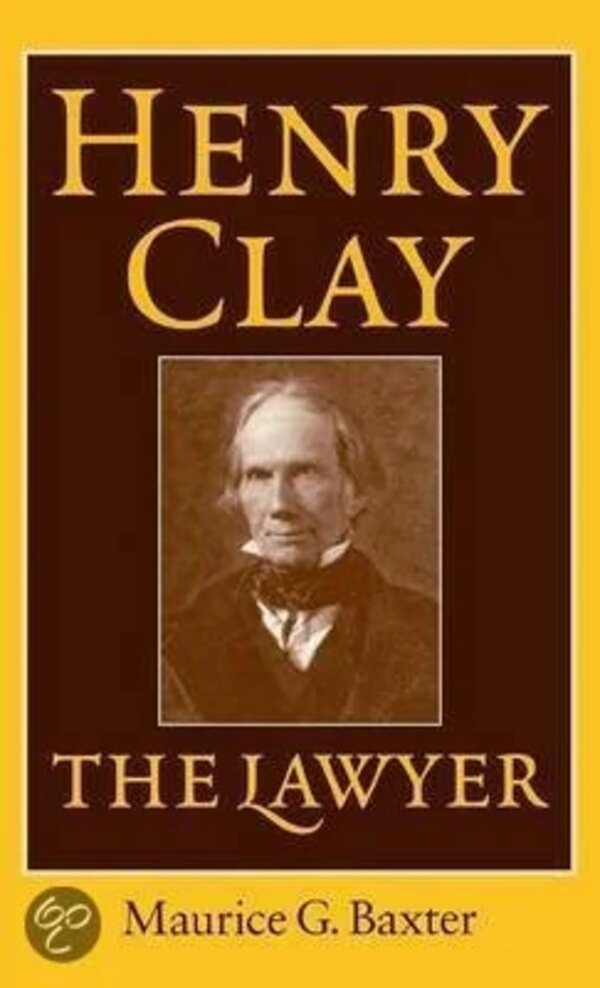
Photo: https://quotesgram.com/ 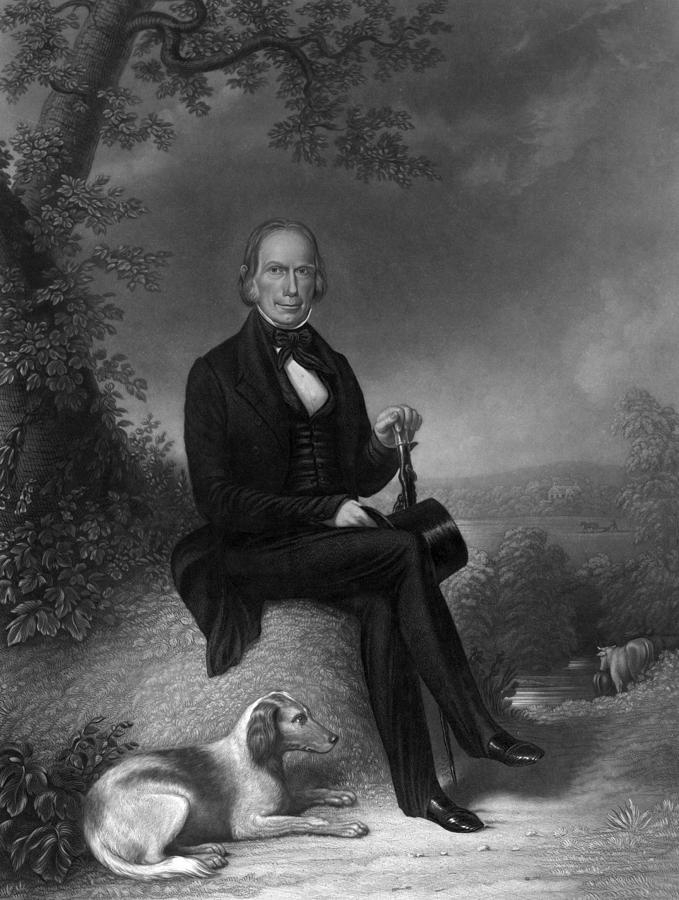
Photo: https://images.fineartamerica.com/ -
One of the interesting facts about Henry Clay is that he taught several famous people. Clay relocated to Lexington, Kentucky, in November 1797 to be close to his parents and brothers. The Bluegrass region, with Lexington at its center, has experienced remarkable growth in the past few decades. Still, Native American attacks have only lately stopped posing a threat to the area. The University of Transylvania, the first university west of the Appalachian Mountains, is located in Lexington, a well-established town. Clay promptly obtained a Kentucky law license after passing the Virginia bar exam. Clay opened his law firm after serving as an apprentice to several Kentucky lawyers, including George Nicholas, John Breckinridge, and James Brown.
Henry Clay Sr. has established himself as a promising attorney thanks to his diligence and passion for the law. His great courtroom speech and other legal skills have helped him build a successful career. He had the opportunity to instruct notable future leaders as students while serving as a lecturer at Transylvania University. These included future Kentucky governors Robert Letcher and Robert Todd and Abraham Lincoln's future father-in-law.
It can be said that Henry Clay is a multi-talented person. He is not only a lover of the law profession, but he can also be a teacher with both heart and mind. That is why the students he taught became influential figures.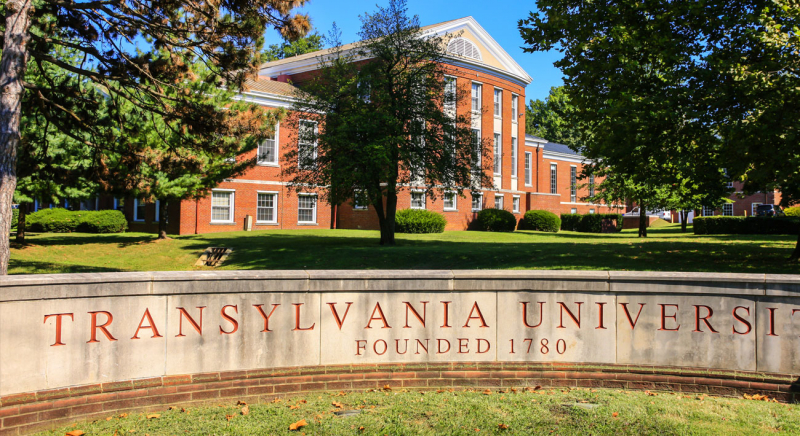
Photo: https://henryclaycenter.org/ 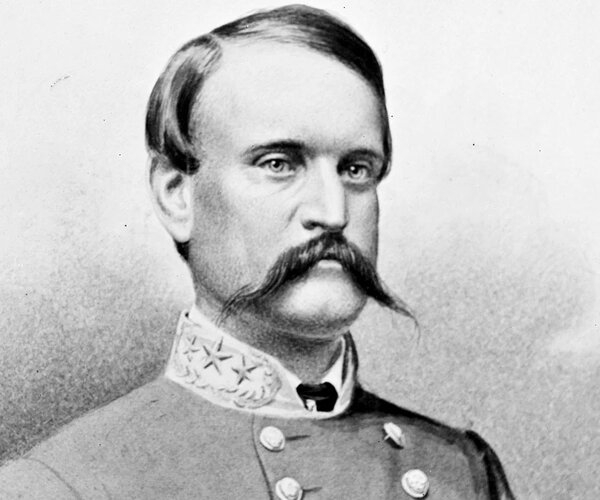
John Breckinridge, whom he once taught - Photo: https://www.thefamouspeople.com/ -
As a result, the price of imported products increased when the Tariff of 1828 and the Tariff of 1832 was put into effect. So many people in the South took offense.
Following the election in 1832, South Carolina conducted a state convention where it was decided that the tariffs of 1828 and 1832 would no longer apply in the state. It was also decided that beginning January 1833, it would be unlawful to collect federal taxes on imports. Jackson's Proclamation to the People of South Carolina, which vehemently opposed the ability of states to void federal law, was issued in response to this crippling crisis of secession or state.
Finally, it was decided that the aforementioned tax orders were void. The 7th president of the United States was the statesman Andrew Jackson. However, he also urged Congress to approve the Force Bill, which would have given the president the authority to send federal troops against South Carolina if it attempted to overturn federal law.
Therefore, Henry Clay Sr. offered the Compromise Tariff of 1833 to prevent a potential civil war. In essence, this compromise tariff would initially reduce it but then progressively raise it. However, there will be plenty of time for manufacturers and customers to adjust appropriately. The dilemma was resolved in 1833 after the Compromise Tariff was adopted by Congress. The fact that these occasions led to Henry Clay being dubbed "The Great Composer" is an intriguing truth about him.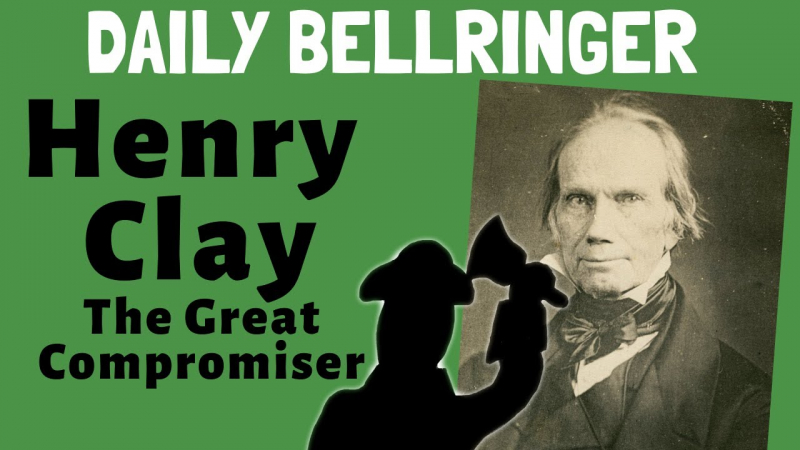
Photo: https://i.ytimg.com/ 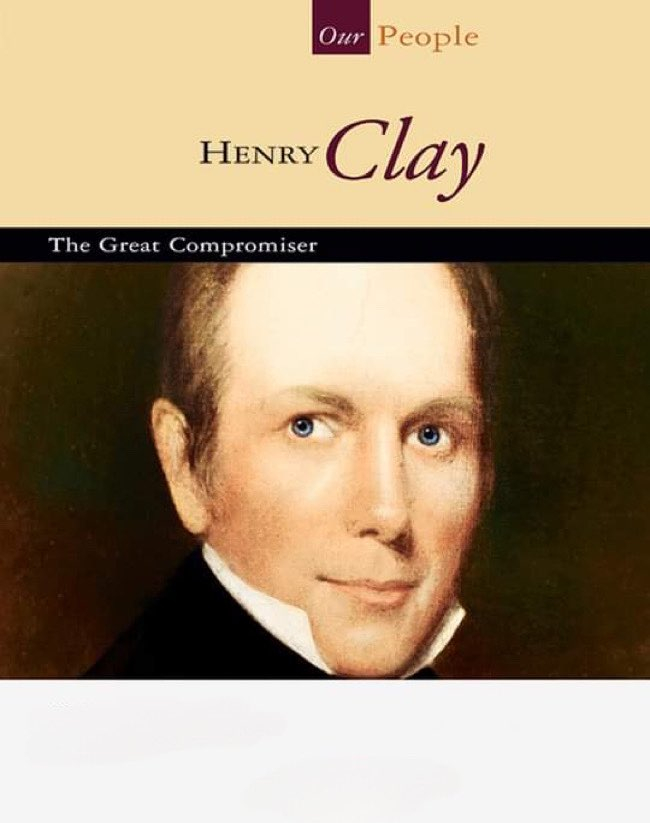
Photo: https://assets.titleleaf.com/ -
Henry Clay Sr. and his wife Lucretia Hart had 11 children together shortly after being married, with 6 daughters and 5 sons. By 1835, all six of his daughters had passed away from various ailments, including problems during childbirth and yellow fever. All of his daughters had passed away before them.
However, one of his sons lost his life during the American War in Mexico's Battle of Buena Vista. Theodore Wythe Clay, the oldest son of Clay, spent the latter half of his life behind bars at a mental institution. Theodore suffered a head injury as a toddler from a strike that fractured his skull. As he aged, his health worsened, and he was committed to an asylum in Lexington from 1831 until he died in 1870.
Thomas (who served prison time in Philadelphia in 1829–1830) became a successful farmer, James established a legal practice (and later served in Congress), and John (who was in his mid-20s) (age was also confined to the refugee camp for a short time) became a successful horse breeder.
Finally, it was Lexington Cemetery after his wife passed away at the age of 83. They are the great-grandparents of John C. Breckinridge, an American statesman who served as President James Buchanan's vice president.
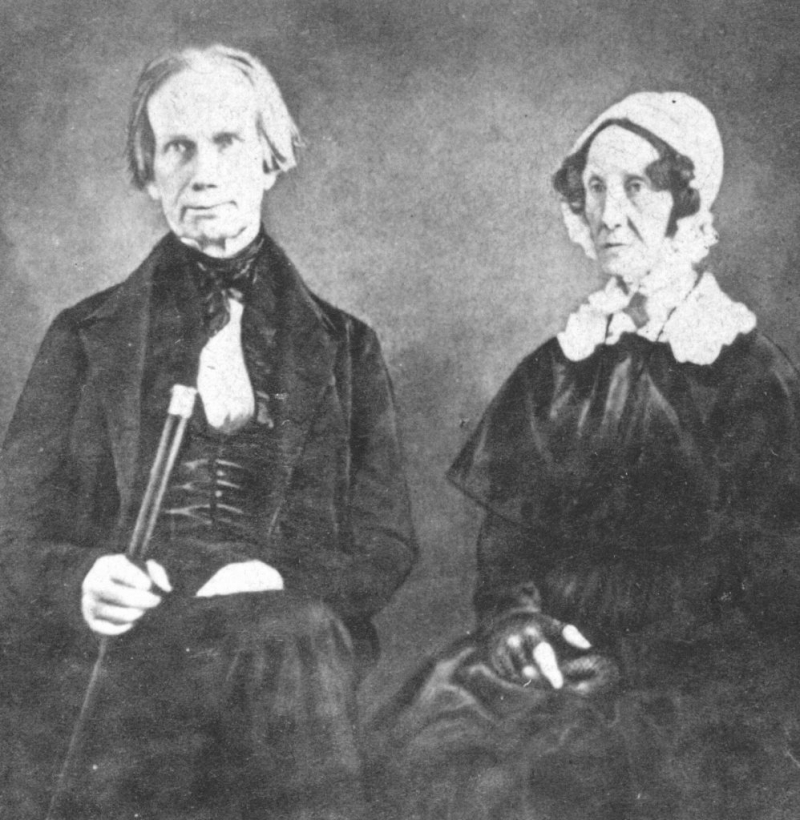
Henry Clay and Lucretia - Photo: https://henryclay.org/ 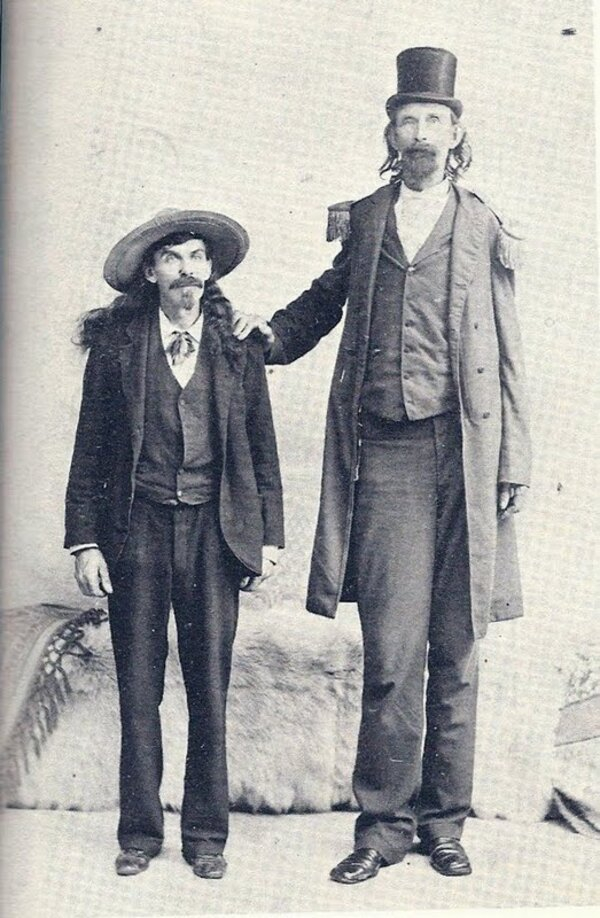
His son,Theodore Wythe Clay is on the left in the photo - Photo: http://www.texasconfederateveterans.com/ -
One of the interesting facts about Henry Clay is that he was the founder of the Whig Party. To support what he considered the "American System," which included the National Bank, encouraging industrialization through tariffs, and backing homegrown improvements like canals and railways, Clay created the Whig Party in 1832.
In the 1840 election, Clay ran for president but was defeated by William Henry Harrison in the Whig National Convention. Clay and Harrison's vice president, John Tyler, had a falling out after Harrison's death in office in 1841 when Clay was still a member of Congress and Tyler became president.
Even though he was a wealthy slave owner, he managed to broker several North-South agreements on slavery, including the Compromise of 1850, the Missouri Compromise of 1820, the "Glory Bargaining Agreement" corruption" of 1825, the Tariff Agreement of 1833, the Slavery Agreement of 1837–39, and the Compromise of the Conquest of Texas of 1844. He also refused to compromise with a plan for a safe banking system in 1841. Abraham Lincoln and other aspirant young men immensely respected him since he was a strong proponent of modernization.
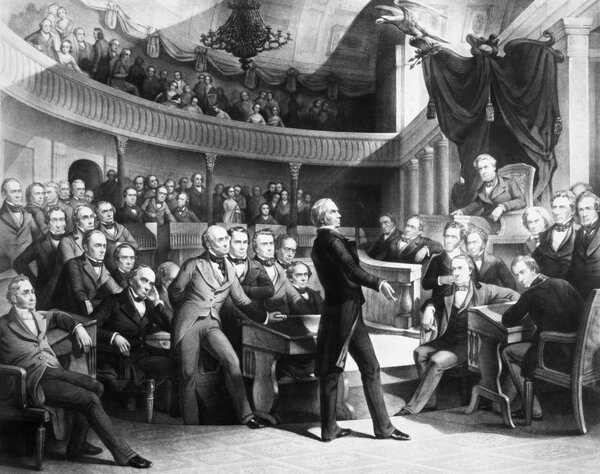
Henry Clay at the founding convention of the Whig Party - Photo: https://www.walmart.com/ 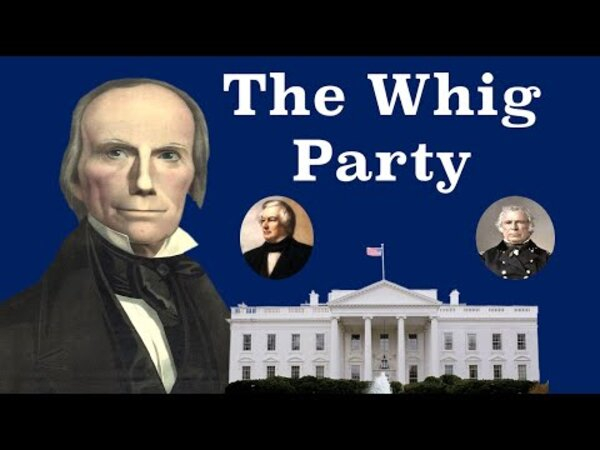
Photo: https://img.youtube.com/ -
Henry Clay Sr. is regarded by many political historians as one of the most important house speakers in American history. A Senate Committee named Clay, along with Daniel Webster, John C. Calhoun, Robert La Follette, and Robert A. Taft was one of the top five senators in American history in 1957.
Clay was named the greatest senator in US history in a survey of historians conducted in 1986, and he was named the most significant American of all time in a survey conducted in 2006. The most qualified unsuccessful major party presidential candidate in US history, according to a 1998 survey of historians, was Clay.
Along with John C. Calhoun, William Jennings Bryan, and Alexander Hamilton, political scientists Michael G. Miller and Ken Owen named Clay as one of the four most significant American politicians who never held the office of president in 2015. According to Clay's historian James Klotter, "maybe posterity should no longer call it the Jacksonian Era... and instead call it the Age of Raw Clay." Klotter notes Clay's influence on the United States throughout the last three decades of his life.
Despite not becoming the president of the United States, he is nevertheless listed as one of the major parties' worst-performing presidential candidates who qualified in the country in 2006 and one of the most significant American politicians who was elected president in 2015.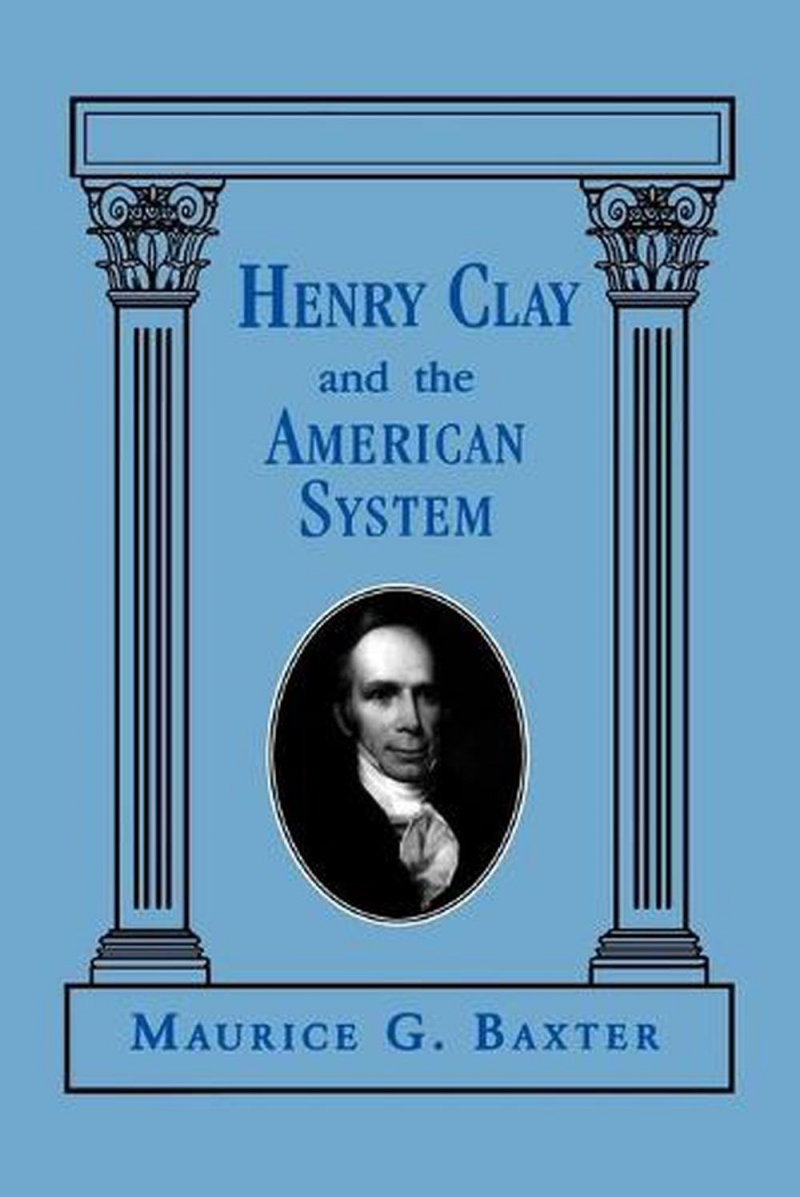
Photo: https://i.thenile.io/ 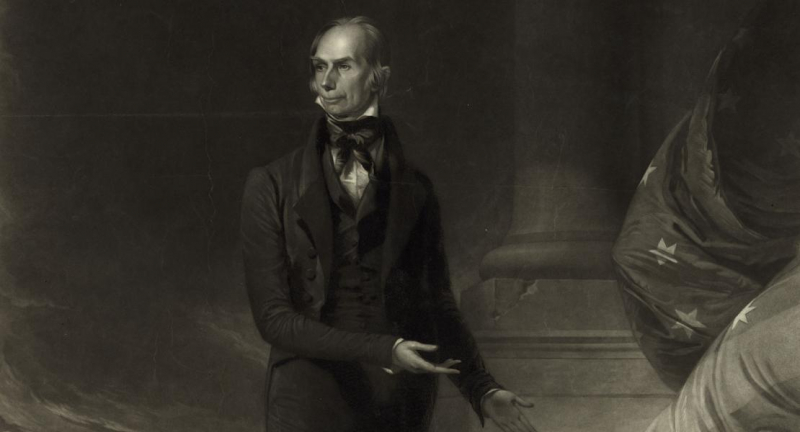
Photo: https://missouriencyclopedia.org/ -
One of the interesting facts about Henry Clay is that his influence is immortal. In Clay's honor, numerous monuments, memorials, and even high schools have been built and named. Clay is honored with the naming of sixteen counties, one in each of the following states: Alabama, Florida, Georgia, Illinois, Indiana, Kansas, Kentucky, Minnesota, Mississippi, Missouri, Nebraska, North Carolina, South Dakota, Tennessee, Texas, and West Virginia. Clay, Kentucky, Claysville, Alabama, and Claysville, Pennsylvania are all places that bear his name.
In his honor, the USS Henry Clay submarine was given a new name by the US Navy. One of the two Kentucky statues in the National Statuary Hall Collection is among the many statues that celebrate Clay. National Historic Landmark status belongs to Clay's Ashland estate. The Decatur House, where Clay resided while serving as secretary of state in Washington, DC, is also a National Historic Landmark. Henry Clay's participation in the American Colonial Association led to the naming of a newly established Liberian town in West Africa after him, and it was Clay-Ashland, where freed slaves from Kentucky emigrated.
It's interesting to note that even his homes have been turned into historical sites. Both Clay's Ashland estate and his Washington home, the Decatur House, are not regarded as National Historic Landmarks.
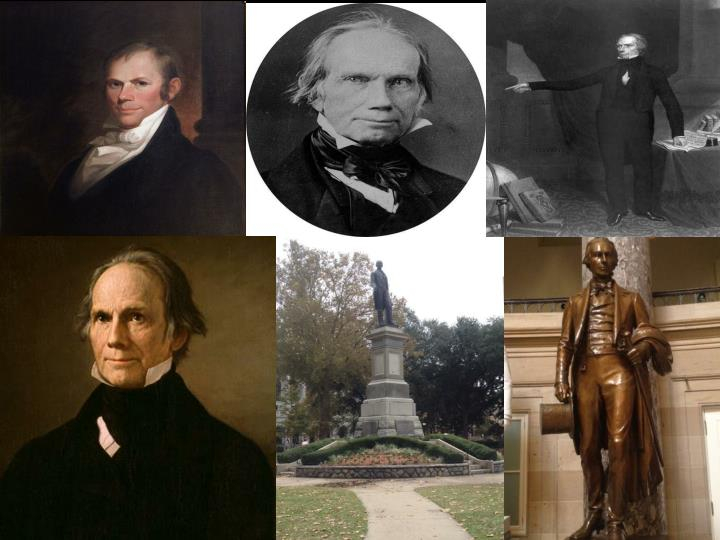
Photo: https://image1.slideserve.com/ 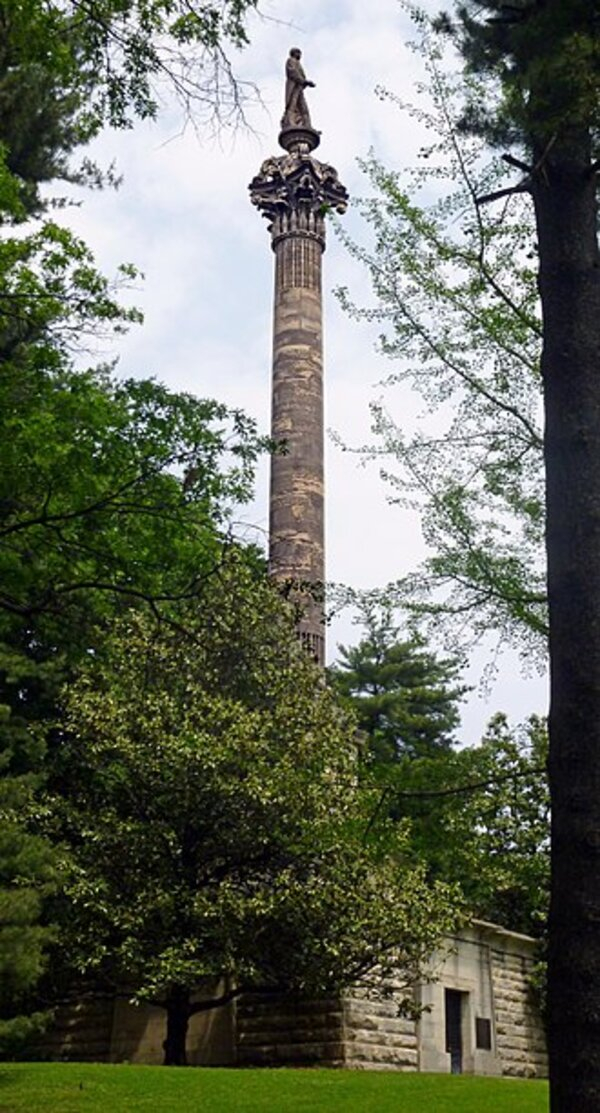
Henry Clay monument and mausoleum, Lexington Cemetery - Photo: https://en.wikipedia.org/ -
Clay left the Senate in 1842 and was nominated for president by the Whig Party in 1844. The annexation of Texas was the topic in 1844, which Clay opposed and his Democratic rival James K. Polk backed. Texas was annexed after Polk's victory. The Whigs' criticism is in line with their support for moderate growth in a market economy. Clay argued that a strategy that might result in conflict with Mexico should prioritize the gradual development of the seized territory rather than annexing Texas right now.
The Democratic Party's theory that growth and democracy were intertwined was rejected by the Whigs, who maintained that orderly progress, concord, free enterprise, and economic growth through the federal government were the true sources of individual and societal wealth. The annexation of Texas was viewed by Whigs as a retreat from the Confederate foreign policy tenets, a threat to the union's stability, and a call to selfishness and disunity. Additionally, the Whigs concluded that the Democrats had planned the annexation to reach the working classes and advance slavery.
The main reason James Polk's assessment defeated Clay in the 1844 election was the Democrats' capacity to make the annexation of Texas a top priority and connect territorial expansion with individual freedom. A vocal opponent of the Mexican-American War, Clay ran for the Whig Party's presidential nomination in 1848 but lost to General Zachary Taylor, who went on to win the popular vote.
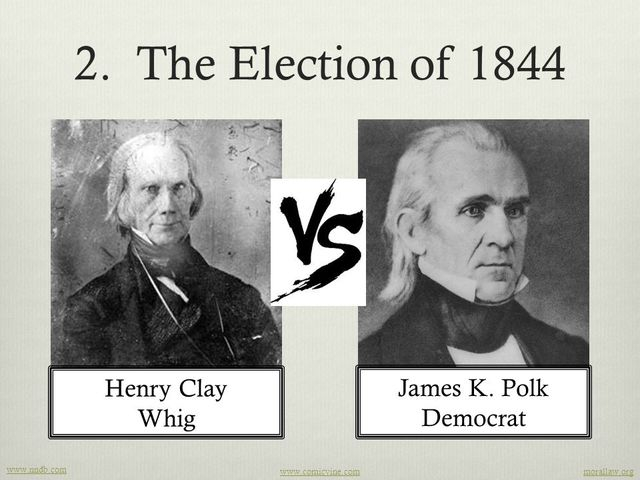
Henry Clay and his opponent in the presidential election - Photo: https://s3.amazonaws.com/ 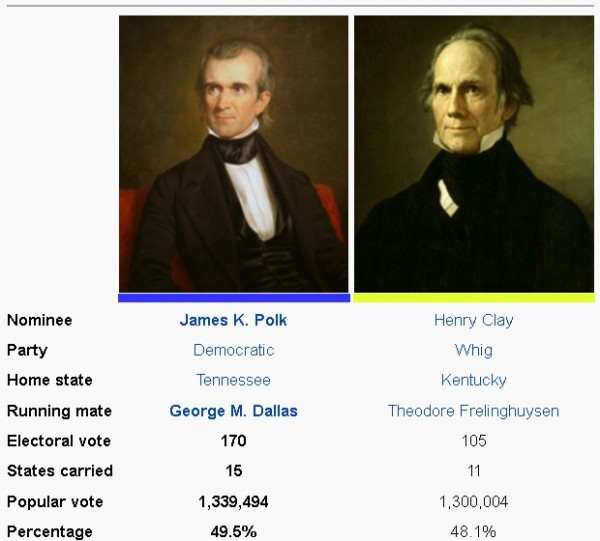
Henry Clay and his opponent in the presidential election - Photo: http://ic.pics.livejournal.com/










